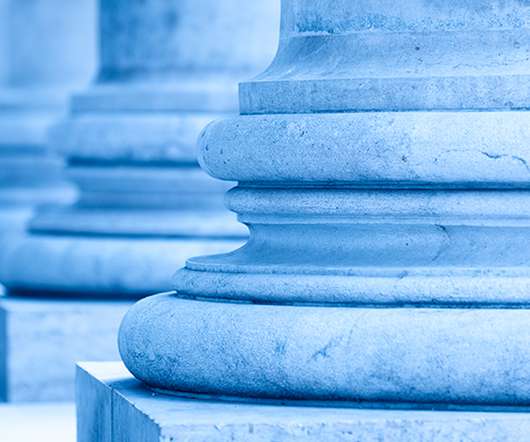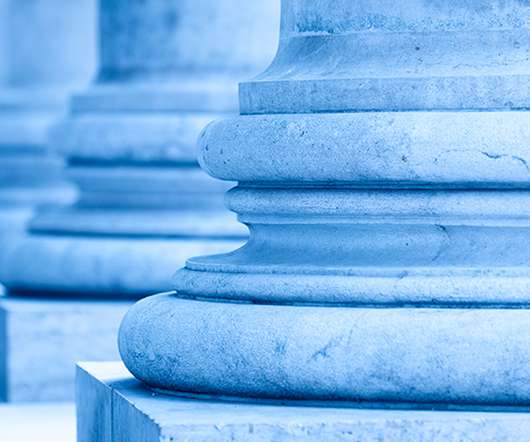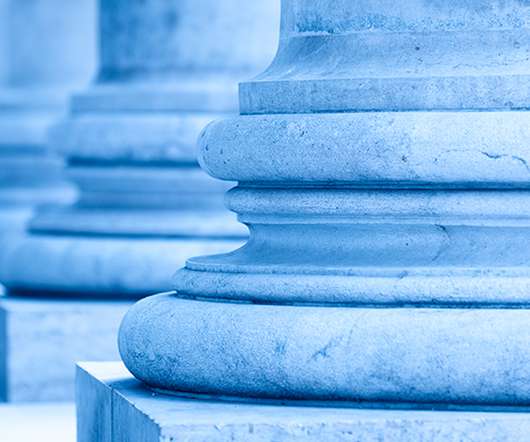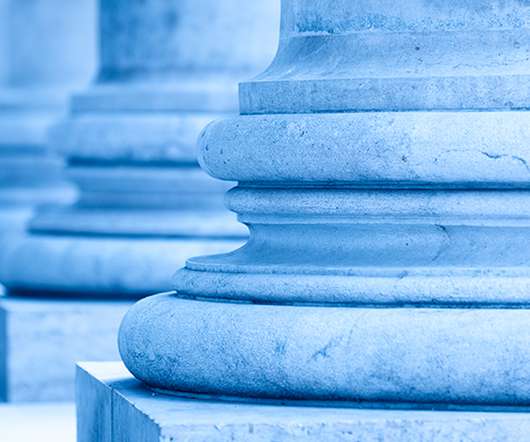Does Bankruptcy Clear Lawsuit Debt?
Sawin & Shea
NOVEMBER 23, 2022
Both being sued by a creditor and bankruptcy can feel like scary situations, but rest assured, filing for bankruptcy can help. Once bankruptcy is filed, whether it’s under Chapter 7 or Chapter 13 , an automatic stay prevents debt collectors from taking further legal action. Does bankruptcy clear lawsuit debt?






















Let's personalize your content